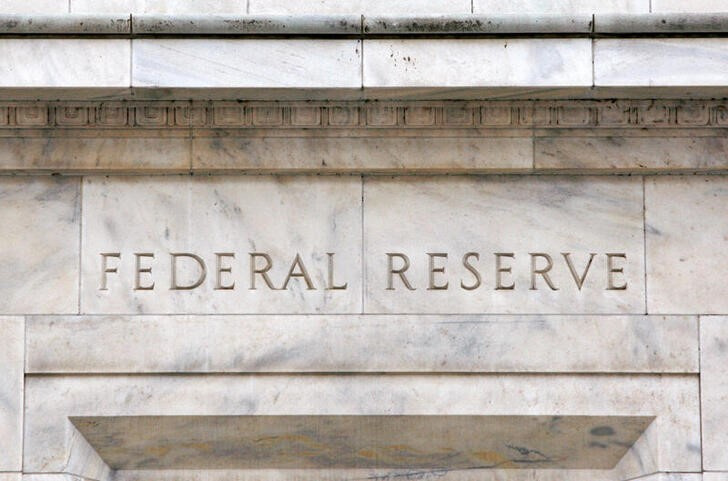U.S. stock futures slip lower; Cook’s firing increases Fed independence worries
Investing.com -- The Federal Reserve faces a delicate balancing act as policy uncertainty and potential tariffs pull the economy in opposite directions, according to a Macquarie report.
While tariffs are typically seen as inflationary, the firm says that the uncertainty surrounding them could have a disinflationary effect by delaying investment and hiring.
“Economic models usually portray tariffs as negative supply shocks—i.e., as inflationary and a constraint on output,” Macquarie analysts wrote.
“But headlines about tariffs (as opposed to tariffs themselves) raise policy uncertainty, which can delay business undertakings, and thus be disinflationary.”
Recent U.S. economic data is said to have reflected these concerns. The Dallas Fed’s Texas manufacturing survey showed a sharp drop in its headline index from 14.1 in January to -8.3 in February, with respondents frequently citing tariff-related uncertainty.
Meanwhile, the index of outlook uncertainty surged from 1.3 to 29.2 in one month, reinforcing concerns that businesses are hesitant to commit to new investments.
This uncertainty is already filtering into broader economic sentiment, according to Macquarie. They note that the University of Michigan’s consumer sentiment index declined, adding to concerns raised by a weak January retail sales report and a significant drop in the services PMI from 52.9 to 49.7.
Despite the disinflationary pressures, the firm says the Fed is still more focused on the risk that tariffs, immigration policies, and tax cuts could fuel inflation.
However, Macquarie noted that “should a U.S. slowdown be accompanied first by a disinflationary impulse with corroborating evidence from a slowdown in hiring or business investment, the Fed’s tone can shift in a ‘dovish’ direction.”
For now, Macquarie does not expect a significant global slowdown in the first half of 2025 but sees policy clarity as key to market stability.
